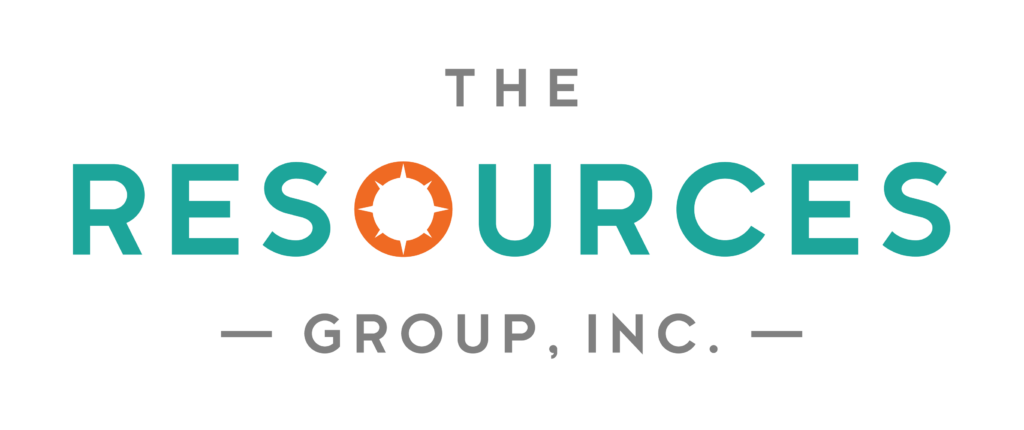
- Diversity, Equity & Inclusion
Being mindful and inclusive during the holidays
- The Resources Group, Inc.
It’s hard to believe it’s the holiday season already here. December is often marked by joy and celebration with co-workers, friends, and family. However, the holiday season can be challenging for employers to navigate. Furthermore, the holidays can bring awkward interactions, misunderstandings, or feelings of exclusion for people from different cultural backgrounds.
So, how do we prioritize inclusivity during the holidays? Below are some points to consider during the holiday season, whether planning a holiday party or ensuring a more inclusive approach to your interactions with co-workers or friends. These simple approaches can help you turn the holidays into an opportunity for growth, learning, and a chance to create more meaningful connections.
Be curious and ask
It’s OK if you don’t know just the right thing to say; inclusion is not about perfection. If you’re unsure about what to say or do to recognize a particular colleague during the holidays, asking in a meaningful and authentic way is often the right step. An honest, genuine question can spark wonderful, enlightened conversation and shows you care. And don’t save this approach just for 1-on-1 conversations. Consider asking your team for input when planning holiday activities to understand what type of celebrations resonate, logistical considerations, socio-economic considerations, and dietary needs. Bottom line, if you find yourself unsure what the right approach is, it’s probably time to seek additional perspectives.
Don’t make assumptions
Do not assume that the decorations and activities connected to a holiday are “not specifically religious, but just fun or in the holiday spirit” and therefore OK for everyone. For example, Christmas trees, Santa Claus, greeting cards, and gift-giving are grounded in specific religious and cultural assumptions. For some, it may feel like one group’s holidays are being lifted above others. To foster an inclusive culture, encourage an open learning perspective. Ask employees to share stories and holiday traditions. Whether through a structured sharing approach or informal dialogue, supporting this type of sharing helps us learn about other backgrounds, recognize our blind spots, and create a more inclusive and accepting community.
Prioritize self-care and empathy
Holidays can bring up a range of emotions, and it’s impossible to know what each person is going through. For many, there’s added stress during the holiday season. For others, the holidays bring up feelings of sadness or anxiety, especially as we head into our second holiday season during the COVID-19 pandemic. Empathy is a critical skill to help support all employees and ensure an inclusive approach to the holidays. To up your empathy game, try starting meetings with a quick check-in question such as, “What are two words to describe how you’re feeling today?” A check-in like this will give insight into how your team is doing and create space for employees to share authentically and support each other.
Build diversity into the process
Creating a diverse planning committee is the first step in ensuring an inclusive approach to the holidays. Ensuring that people with varying beliefs can help plan and make decisions about holiday celebrations is an inclusive practice. It sends a message to the team that all perspectives are valued and helps avoid missteps such as date conflicts, rhetoric, and tone.
Holidays are for celebration
In the end, the holidays can still be a time for joy and celebration. Whatever you do to celebrate the holiday season, remember to be forgiving. Inclusion is not about perfection. Instead, invite feedback, let your employees know they have a voice, and you’re open to listening.
At TRG, we can help you foster a more inclusive workplace for the holidays and every day of the year. Inclusion doesn’t just stop at the holidays, but it’s an excellent place to start. Contact us to find out how we can partner with you during your Diversity, Equity, and Inclusion journey.

